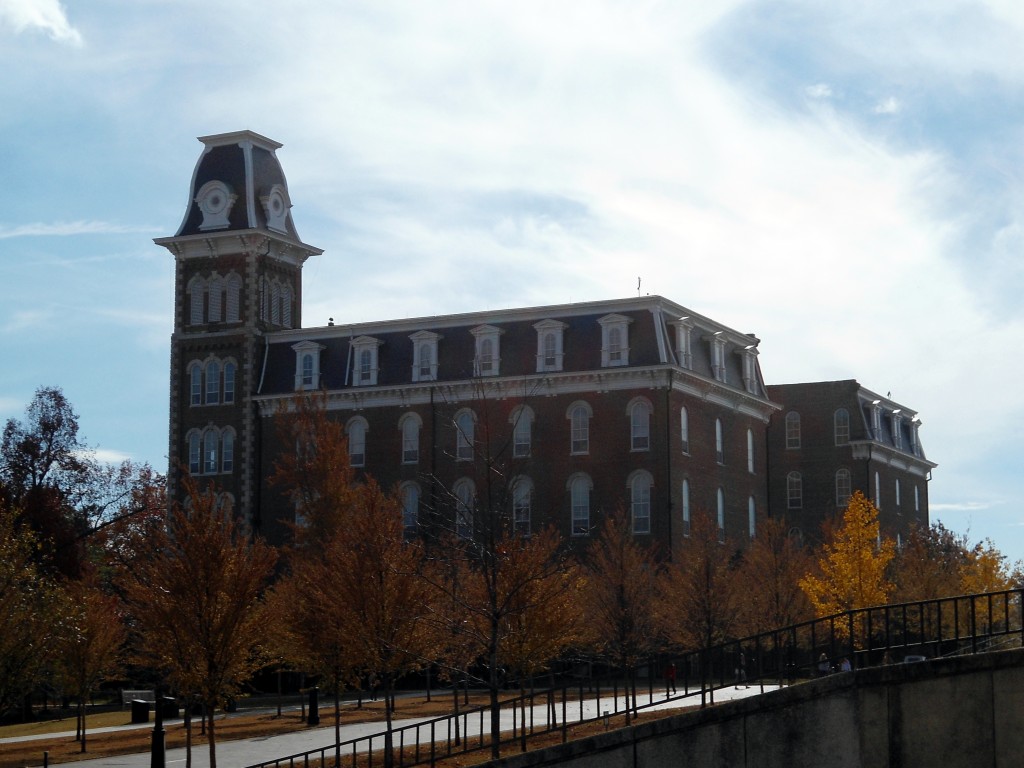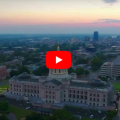
On Tuesday the University of Arkansas’ main research library issued a statement highlighting pro-LGBT movies and documentaries the library offers.
In a statement, the library said,
In celebration of LGBTQ Pride Month, the Mullins Library Multimedia Department has compiled a list of streaming and physical videos available to all students, staff, and faculty. Physical items are available for checkout in the Multimedia Services Room (MULN 463).
The statement goes on to list more than a dozen pro-LGBT movies and documentaries available through the library.
The list includes films like Call Me By Your Name, which has been heavily criticized for its themes and sexual content.
The university library issued similar statements celebrating LGBT Pride Month during June of last year and in 2021.
More and more, we see institutions, government agencies, and corporations in America rushing to celebrate “pride month” and promote homosexual and transgender behavior — and yet there seems to be backlash brewing against the movement among many Americans.
Writing at Breakpoint.org, commentator John Stonestreet recently noted,
Americans feel they are no longer allowed to turn on the TV, open social media, shop for clothes, buy groceries, or walk down the street without being assaulted by sexual propaganda all year round, not just in June. It’s as if a whole segment of the nation is simply unaware that many people feel assaulted, and many others are simply not that interested.
Of course, the U of A library is just the latest library in Arkansas to curate pro-LGBT content.
Libraries in Craighead County, Pulaski County, and elsewhere have included pro-LGBT and sexually explicit material in their library catalogs.
Communities can take steps to remove objectionable material from their local libraries.
Library boards and librarians have leeway to establish selection criteria and make decisions about the kinds of material available on the library’s shelves.
Library patrons generally can use a Material Reconsideration Form to ask libraries to remove inappropriate material.
And voters can call on their elected officials to enact laws protecting children from objectionable material in public libraries.
Articles appearing on this website are written with the aid of Family Council’s researchers and writers.
Photo Credit: Brandonrush, CC BY-SA 3.0 https://creativecommons.org/licenses/by-sa/3.0, via Wikimedia Commons.




